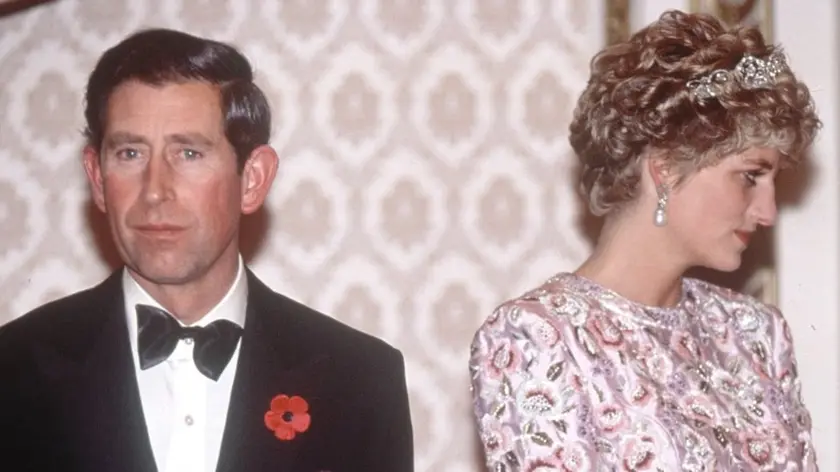T4K3.news
Norway Crown Princess Mette-Marit's son indicted
Oslo prosecutors indicted Marius Borg Høiby on 32 counts including rape, with trial set for January.

The eldest son of Norway’s crown princess faces a 32-count indictment, including rape, as a high-profile legal process unfolds.
Norway Crown Princess Mette-Marit's Son Indicted on 32 Counts
Oslo prosecutors on Monday indicted Marius Borg Høiby, the eldest son of Crown Princess Mette-Marit, on 32 counts. The charges include multiple counts of rape and abuse, along with violence against a former partner and death threats. The indictment also lists traffic offenses. The 28-year-old, who has no royal title, has been under domestic scrutiny after a string of arrests and allegations of wrongdoing. If convicted, he could face up to 10 years in prison. He remains free while awaiting trial. State attorney Sturla Henriksbø said the trial could begin in mid January and last about six weeks. Høiby's defense attorney, Petar Sekuli, said the defendant denies the sexual abuse charges and will present a detailed account in court. Norway's royal palace said it would leave the matter to the courts and offered no further comment.
Observers note that the case tests the boundary between public status and accountability. While the palace has declined to comment beyond saying the courts will decide, the public will closely watch whether due process is followed and how evidence is presented. The timing of a high profile trial and the absence of royal privilege in this case may influence public trust in institutions and the monarchy itself. The outcome could set a precedent for how elites are treated in the Norwegian justice system.
Key Takeaways
"A royal name does not grant immunity from the law."
Editorial point on accountability
"Justice must run its course regardless of status."
Due process emphasized
"Public trust rises or falls with how the case is handled."
Public perception theme
"The courtroom will define the next chapter for the royal family."
Stakes for monarchy
The indictment is not just a legal event; it is a test of how a modern monarchy handles accountability. The case could fuel debates about privilege, privacy, and the role of the royal family in a constitutional democracy. If the court process is transparent and fair, it may bolster trust in Norway’s justice system. If it appears opaque or biased, it could deepen public cynicism toward elite institutions. The next steps — the trial, evidence presentation, and defense strategy — will shape the monarchy’s long-term image more than any ceremonial gesture.
Highlights
- A royal name does not grant immunity from the law.
- Justice must run its course regardless of status.
- Public trust rises or falls with how the case is handled.
- The courtroom will define the next chapter for the royal family.
Royal case raises political and public backlash risk
The indictment of a royal relative triggers heightened public debate about accountability, privacy, and the monarchy's role. Observers may criticize officials or the palace for perceived missteps. The case will be watched by policymakers and voters alike.
Justice will test the limits of public trust.
Enjoyed this? Let your friends know!
Related News

Son of Norway crown princess indicted on rape charges

Royal case moves to court

Royal relative faces serious charges in Oslo

Son of Norway crown princess charged with rape and abuse

Royal heir's son charged in rape case

Royal family member faces rape charges in Norway

44 years since Charles and Diana's wedding

Princess Anne reveals new hair look in royal portrait
